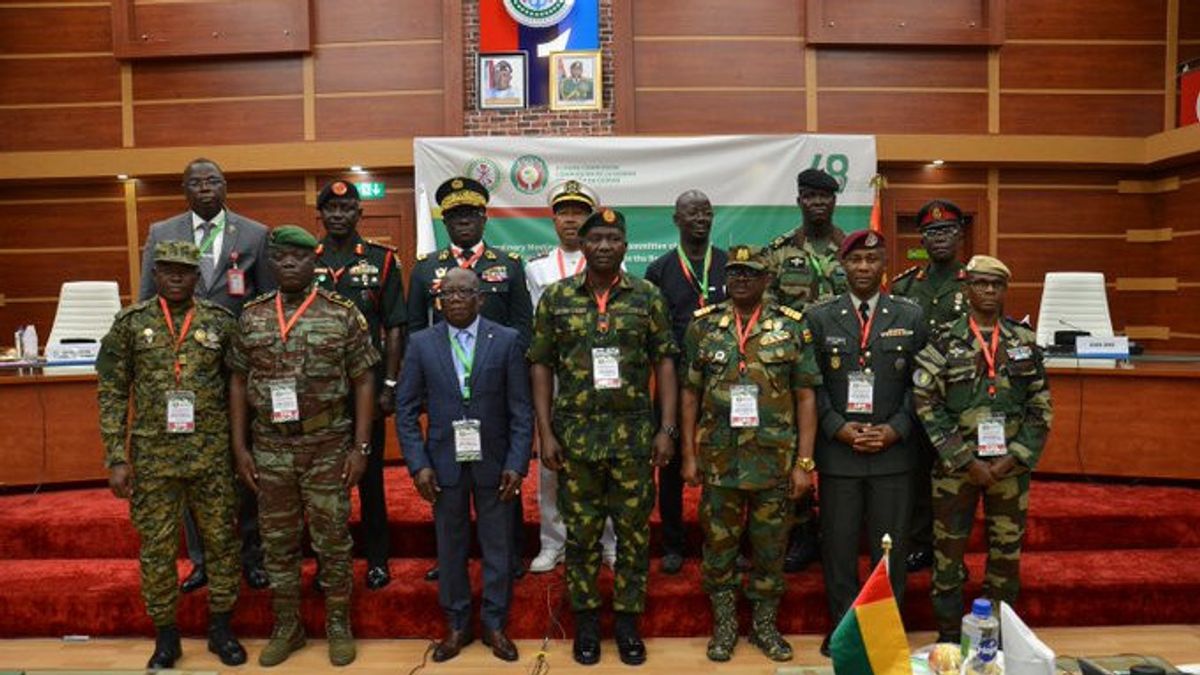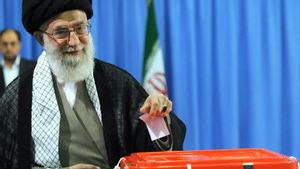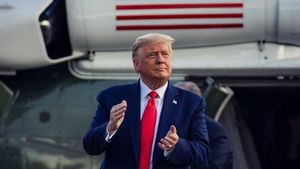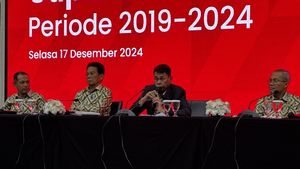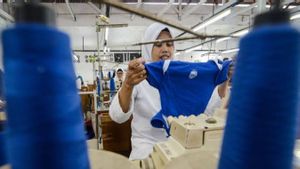JAKARTA - West African countries that are members of the ECOWAS rejected the proposal by the Niger military junta to postpone the procurement of elections for the next three years, urging the release of detained presidents and a constitutional recovery without delay, following last month's coup.
This extends the deadlock over the situation in Niger. Previously, ECOWAS and other international powers had sought a diplomatic solution to the July 26 coup in Niger, the seventh coup in West and Central Africa in the last three years.
However, after several dialogue attempts were rejected, ECOWAS activated regional powers that military leaders said were ready to deploy if negotiations failed.
Their threats doubled on Friday, one day before the junta finally agreed to meet with the ECOWAS delegation in the capital Niamey, which showed a new willingness to work together.
In a national televised address on Saturday night, junta leader General Abdourahamane Tiani said coup leaders remained open to dialogue.
However, he also said the junta would consult on a three-year transition to democracy, in line with the long term proposed by other coup leaders in the region.
Separately, ECOWAS Commissioner Abdel-Fau Musah said on Monday the regional bloc's position remained clear.
"Free Bazoum without preconditions, restore the constitutional order without further delay," he told Reuters.
He said this through WhatsApp, in response to questions about the proposed postponement of elections, as well as referring to ousted Niger President Mohamed Bazoum.
The results of "ongoing informal discussions" will determine whether ECOWAS will send another mediation mission to Niger, he added.
ECOWAS' reputation has been at stake since a recent series of coups eroding democracy in the region, raising doubts over its influence when junta leaders still hold power.
SEE ALSO:
ECOWAS also clashed with other military governments in the region, asking for several years of preparation for elections.
Last year, ECOWAS imposed sanctions on Mali, after the interim government failed to hold the promised election, lifting the sanctions after a new deadline for 2024 was agreed.
Burkina Faso also agreed to restore civilian rule next year, while Guinea shortened its transition period to 24 months last week, following pressure from ECOWAS.
The English, Chinese, Japanese, Arabic, and French versions are automatically generated by the AI. So there may still be inaccuracies in translating, please always see Indonesian as our main language. (system supported by DigitalSiber.id)
